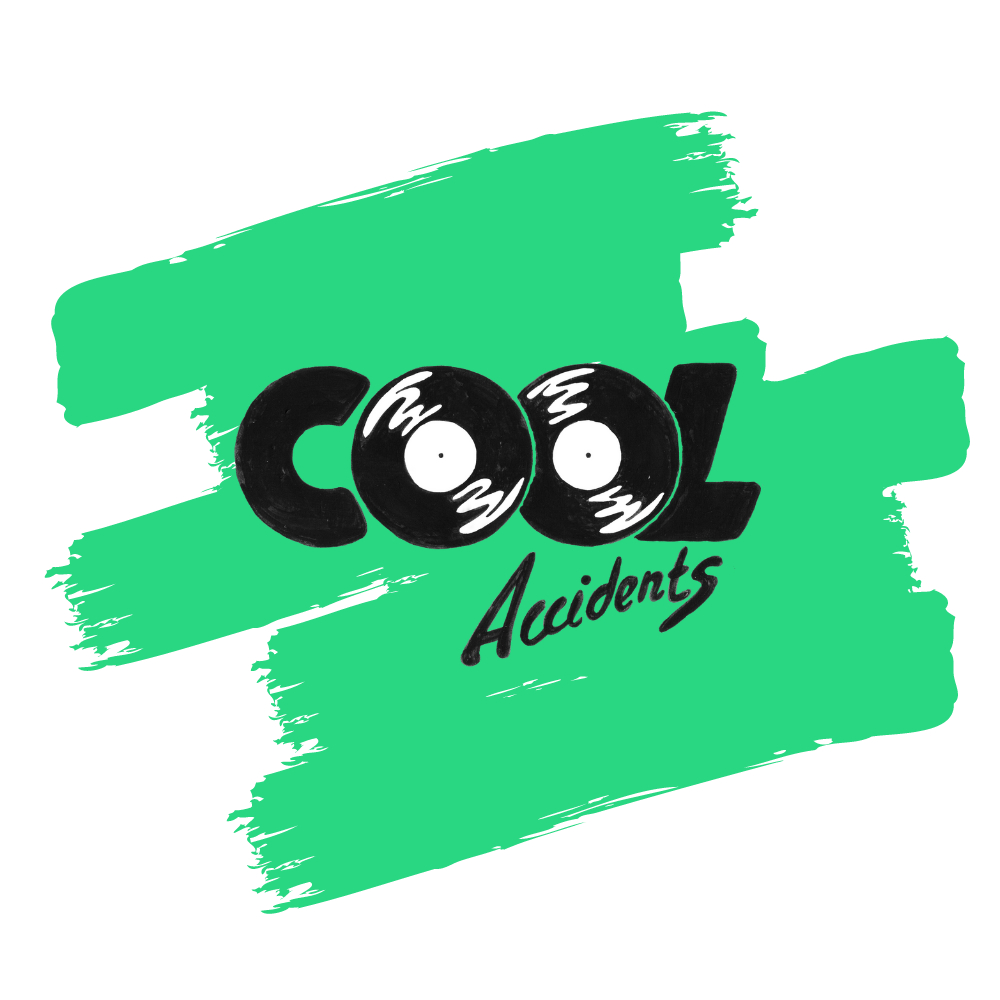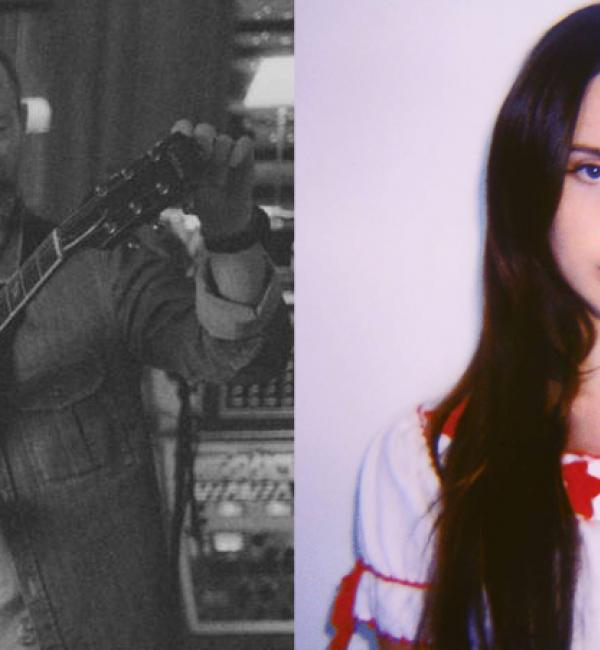Via The Telegraph
This isn’t a critique of Simon Cowell, the Baron Bowdleriser of Pop, the exploitation culture of talent shows, or the paucity of music in the London 2012 Festival programme. It’s much simpler than that. I’m worried about our listening habits.
Look at the panorama of music available to us today. We have access to any song we’ve ever wanted to listen to. Pay £120 a year to Spotify and you get 16 million songs, or use YouTube or one of the other numerous music discovery sites to find what you want. It’s a glorious torrent of tunes made accessible by the MP3 and higher bandwidth. The main benefit is obvious: we can listen to and discover more music than ever before. Additionally, the ease of sharing music creates communities across social networks and many older music fans have rediscovered the songs of their youth. Just last night my great uncle in San Francisco sent me a message thanking me for introducing him to Spotify. There is no orthodoxy or dominant genre; everything exists on an even playing field. With this democratisation comes the need for artists to step up their game; they have to be brilliant to be heard.
The one thing we don’t have more of is time. We cannot listen to the entire matrix of music, nor can we pay attention to, say, 100 songs, in the same way as we can 10. Our listening is often quicker, shallower and of a lesser quality, through tinny computer speakers and low bit rate streams and downloads. It is in danger of degrading and trivialising what we’re hearing. In Simon Reynolds’ words: “every gain in consumer-empowering convenience has come at the cost of disempowering the power of art to dominate our attention, to induce a state of aesthetic surrender.”
An undertow of wariness crept up on me over the last year. Albums didn’t have the same amount of significance as before, apart from those I listened to many times for work. I found myself flippantly turning my back on others that I deemed too difficult. Panic appeared at the amount of music that was on offer, often resulting in a retreat to Radiohead. I returned from SXSW, the great new music festival in Texas, feeling as if I’d OD’d on pop.
Most of all I missed the moment when a piece of music transports you to a particular time and a place. You know the feeling. Three bars in and you can smell the car seat, see the friend’s silhouette in the sun, feel the frosty night, hear the traffic of a foreign city, shudder with relief that a break-up is over. I wanted these associations again.
I’ve realised that I’m not alone. I set the question to Twitter the other day. Replies came thick and fast: “I find it impossible to fully tune in to a LP while working”; “I have a constant guilt complex I’m not listening to enough or listening long enough. The pressure to keep up is crippling!”; “I judge on first listen, rarely give anything the benefit of the doubt. Expect it to connect somewhere instantly”. Also, increased vinyl sales for the sixth year running, suggest that we’re seeking better ways to listen.
This month the electronic artist Nicolas Jaar releases his own listening alternative, a new MP3 player called the “Prism”. The silver device, stylish and small enough to fit in your hand, holds music that cannot be listened to anywhere else. No Soundcloud, no Bandcamp, no YouTube.
Jaar designed the cube to restore the idea of physicality to his music and force the listener to hear it away from, in particular, computer speakers. He told me:
We’re listening out of a computer on a YouTube link and that’s probably the worst music has ever sounded, ever, and not what the artist intended. We’re losing respect for the listening experience of music.
Jaar’s other gripe is the low quality of CDs (“It’s a product that’s been created solely for the purpose of being sold and shipped in the cheapest, easiest and fastest way possible”) – so he wanted to make something different. Encouraged by rising vinyl sales and distressed by receiving his first album – “I looked at the CD and touched the CD and realised that it didn’t do justice to what I was trying to say” – he took the matter into his own hands.
One of his priorities was that the new device would be shareable. The prism comes with a headphone jack on either side, so two people can listen to it at once. The ideal listening spot, he tells me, is “in bed with a lover”. Oo-er.
A gift for fans in the shape of a cube, a smart vinyl, or an interesting cover sleeve, such as Factory Floor’s upcoming plastic moulds, is one way for the artist to direct listening habits, or at least encourage the recipient to think, but what can we do if we feel we’re treating music, well, like a tart?
Pop savant Mark Wood made a decision to change his music habits a couple of years ago when he realised he wasn’t listening properly. One Christmas he looked at a great big pile of albums he wanted to listen to and thought “this is f—ing ridiculous”. He said:
When I was 16, that amount would have been a year’s worth of records and I would have stuck with them because it was such a big thing to invest a fiver. If it didn’t float your boat immediately, you didn’t have an option because you couldn’t just go and buy another one. Pretty much most of my favourite albums I didn’t like the first time.
Wood felt he was spending money on music but not giving it any respect. Albums were like “seeds falling on barren ground”. He found that in the last decade, fewer albums had “stuck” in the way they had done in the past, and wanted to see if this was just a symptom of his getting older. “I’d get completely overwhelmed and just play Bowie or The Smiths that I’ve loved from 15. I realised that all this choice was not really getting me anywhere.”
The strategy was to pretend that he didn’t have all this new found access, and limit himself to five albums a month. At the beginning of every month he’d wipe his iPod and load up the next batch (a mixture of new and old). He jokingly compares the first couple of weeks to heroin withdrawal symptoms, and “couldn’t believe that if something was getting on my nerves, I couldn’t just change it.”
Wood gives many examples of “difficult” albums by artists such as Fever Ray, Roy Harper, Morrissey, which he ran away from many times in the past, flicking to something easier. About Trout Mask Replica, he said: “It’s not difficult if you play it more than three times. After I had it on my iPod a week I could see exactly what he [Captain Beefheart] was trying to do.”
He lets himself listen to singles and the radio, because he needs to keep up with what’s new for part of his job. But the benefits of his detox have encouraged him to continue. He’s also regained that sense of association I’ve been missing:
Occasionally I go back to what I was playing a year ago and it’s brilliant. It almost measures time, which is what music always did. When you’re steeped in an album and you heard it five years on and it takes you straight back.
Middlemarch isn’t an easy read and Dogville isn’t an easy watch, but pleasure is found in the struggle to “get it”. The more we listen to a piece of music, the more we will get out of it. Alongside this, discovery of new detail and comfort of familiarity brings a joy rarely achieved without repetition. So if the volume of stuff we possess puts us off delving into difficult pieces, or listening with a keen and thoughtful ear, then perhaps we should try limiting ourselves. Sometimes, less is more.





